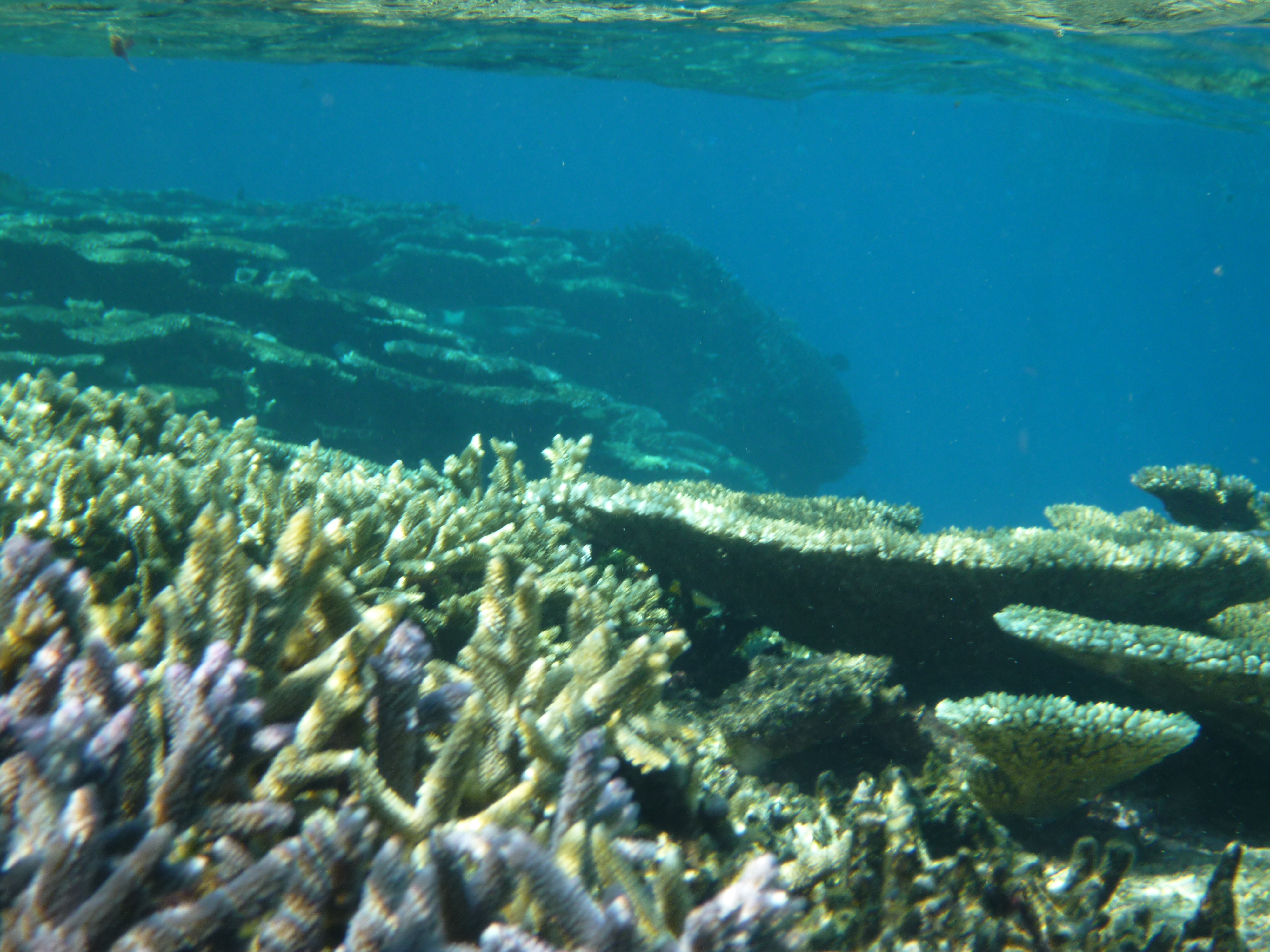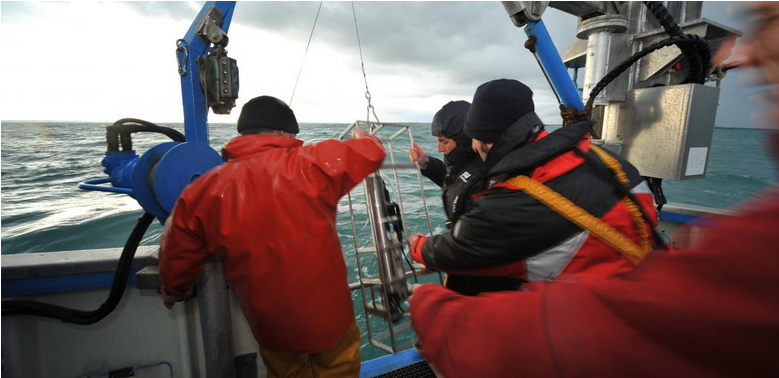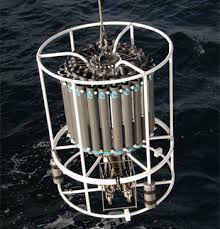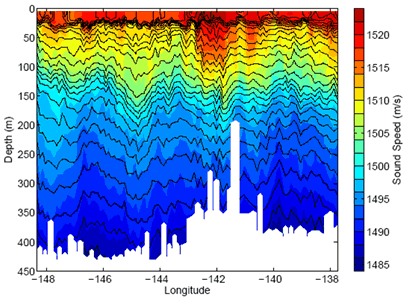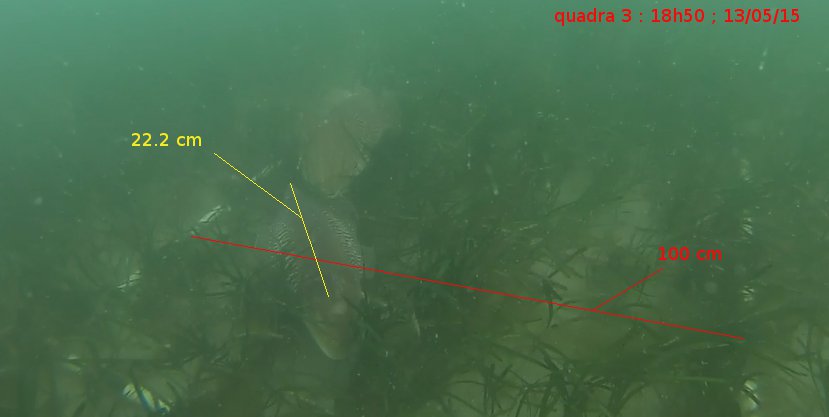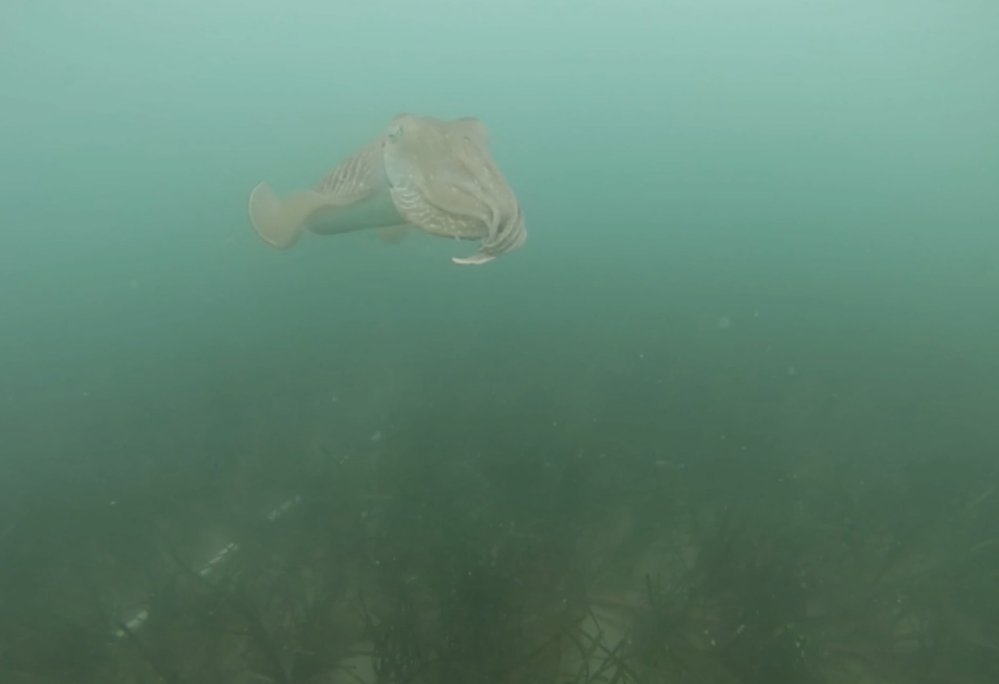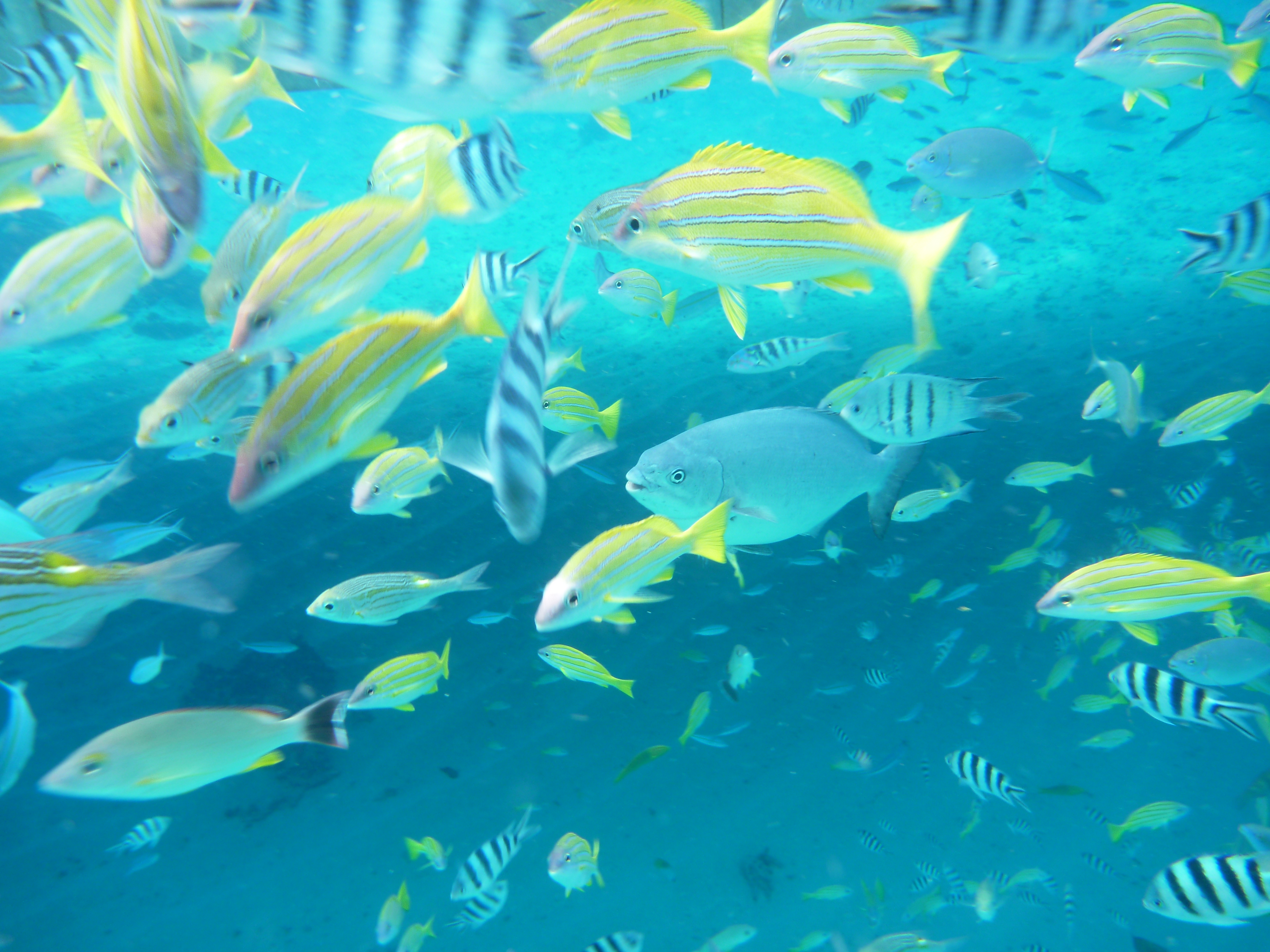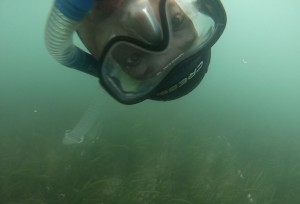The marine biologist, researcher or researcher in marine biology, carries out various activities that range from pure research within public entities: CNRS, INRA, IRD, IFREMER … to the development of fisheries resources for private companies. He devotes a part of his time to oceanographic missions, but most of his work is done in the laboratory.
On site, the marine biologist makes observations, takes measurements or takes samples. He then analyzes these data in the laboratory and then synthesizes them in the form of reports.
His skills are many, namely:
to study the distribution of marine species according to oceanographic criteria (light, salinity, oxygenation);
to determine the impact of human activities on ecosystems;
identify populations and make recommendations to protect resources;
to study more particularly certain species: anatomy, physiology, ethology, migrations, etc. ;
collect biological data to optimize aquaculture production;
reproduce organisms in the laboratory: micro-algae, seeds, larvae;
advise the public authorities: sanitary controls, coastal management, quotas, exploitation of fishing zones, etc. ;
supervise teams and participate in multidisciplinary research projects;
participate in environmental protection projects;
teach and lecture.

